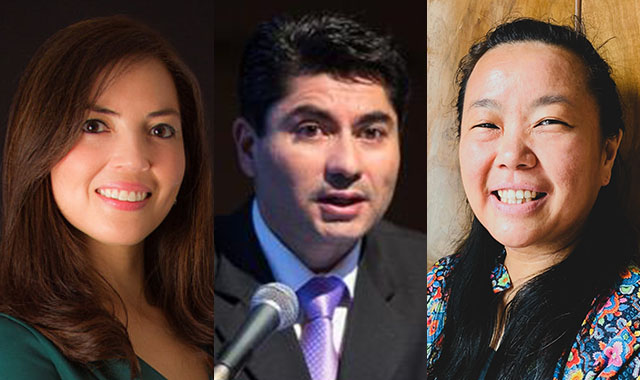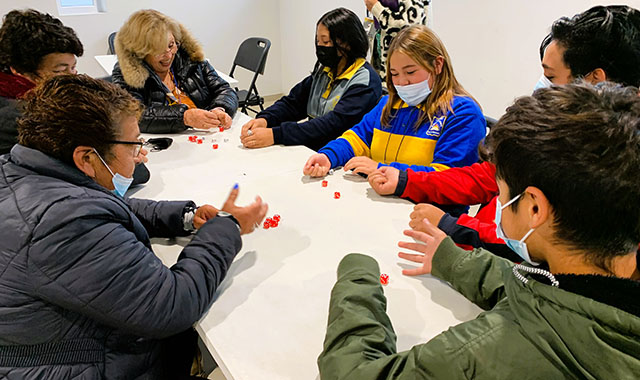
About
Voices of Resilience is a collaborative project between researchers, disaster risk reduction (DRR) practitioners, and community actors in Talcahuano, Chile, with the aim to explore and promote intergenerational interactions to strengthen community resilience against disasters.
Disasters such as earthquakes, tsunamis, and forest fires threaten large parts of Talcahuano. Its history is characterised by events that still haunt people’s memories, such as the earthquakes and tsunamis of 1960 and 2010.
While there are many methodologies to mitigate disaster risks at the national and international levels, it is important to build tools specific to Talcahuano, based on local experiences and knowledge. The development of methodologies and strategies rooted in local identities ensure that the citizens of Talcahuano use them, and that they last over time.
This is why the Department of DRR in the municipality of Talcahuano, The University of Manchester, and the University of Concepción are collaborating to collect oral histories of people who have survived the earthquakes of 1960 and 2010. The oral histories shed light on the strategies of survival that constitute the basis of resilience, in life itself as much as in disasters.
‘Talcahuano, the capital of resilience’.
Based on the oral histories, we have created:
- An educational tabletop game on DRR and resilience in Talcahuano;
- A comic book drawn by children;
- Lesson plans on resilience to be used by primary schools in Talcahuano;
- An illustrated book of the oral histories;
- A documentary about the oral histories;
- An online archive of the oral histories that will be part of the community’s heritage.
This project was funded by the Toyota Foundation (Project title: ‘Translating Bōsai Values: Investigating the Role of “Playfulness” in Disaster Cooperation between Japan and Chile’, Principal Investigator Chika Watanabe, D18-R-0022) and the University of Manchester.


